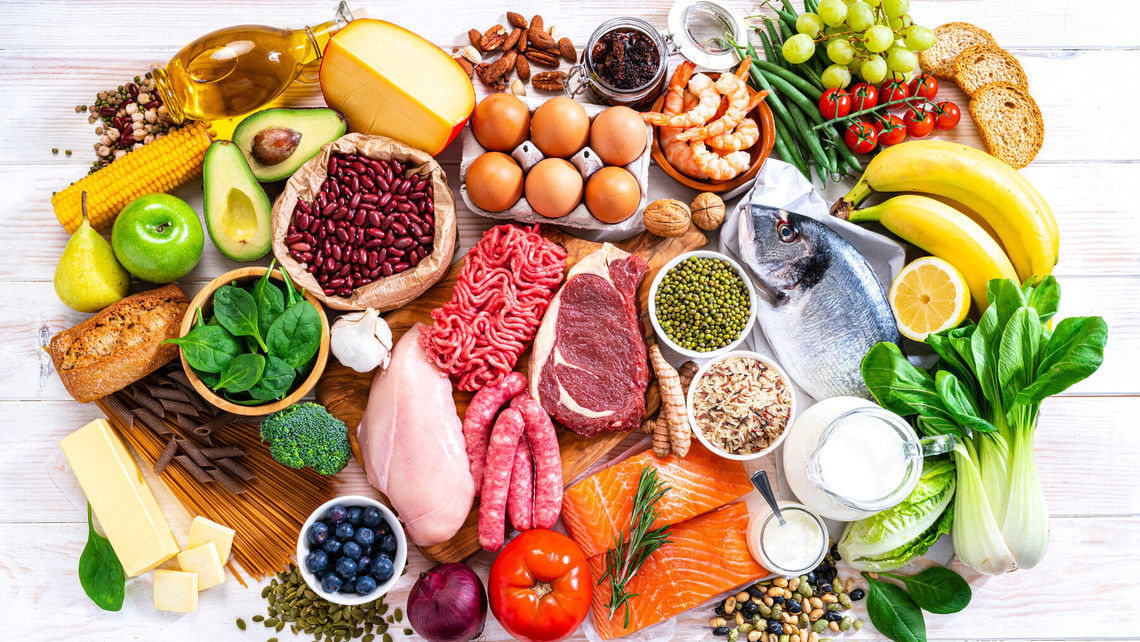Heal Your Relationship with Food

"The most toxic thing we can swallow at mealtime is worry.” – Dr. John Bastyr
How we eat is nearly as important as what we eat.
How we eat affects the way we assimilate our food, and therefore, how those nutrients are utilized for energy and vitality. I encourage you to eat with a happy, grateful heart.
Eating is foundational to life; we must eat in order to live. If the relationship we have with the nourishment we give our bodies is in any way dysfunctional, then our health will inevitably be affected.
Take a moment to think about these behaviors, and whether any of them apply to you.
Do you:
-
Have rigid rules about food and food consumption?
-
Find that food dominates your life?
-
Make self-defeating statements about your food consumption?
-
Avoid activities that you once enjoyed?
-
Socially isolate?
-
Eat uncontrollably, even when you’re not hungry?
-
Consume your food more rapidly than normal?
-
Often eat alone?
-
Hide food?
-
Participate in unsuccessful dieting attempts?
-
Believe yourself to be fat when others say you are too thin?
There are also some particular physical symptoms which might suggest a negative relationship with food, including:
-
High cholesterol
-
High blood pressure
-
Sleep apnea
-
Fluctuations in weight
-
Weight gain, or abrupt weight loss
-
Fatigue
-
Anxiety
-
Depression
Compulsive overeaters, for example, tend to consume more food than they need on a regular basis, and often allow food to dominate their lives. Compulsive overeaters also have a cognitive preoccupation with food, a preoccupation with bodyweight, and a loss of sex drive. They likely experience feelings of guilt, shame, and disgust with themselves, as well as mood swings and depression.
It's an emotional problem, not a consumption problem
The problem is, overeating and obesity are actually emotional problems.
Emotional eating, a problem for both children and adults alike, is the habit of using food to cope with feelings.
Today more than ever, people are feeling as if they have very little control over the things that are happening in their lives. But food intake is one thing over which most people do have control, and they will often rely on food to feel good or to have control over what feels uncomfortable or uncontrollable within their lives.
People who are in tune with their bodies understand how to eat when they are hungry and stop when they are full. But so many people have lost touch with their hunger cues, and instead they choose what feels good to do in the moment.
They forget the potential anger, frustration, shame, or guilt that comes later on, after they’ve made their choice.
Embrace conscious eating
So, how do you feel about food? What are your biases, your hang-ups, your emotions, your thinking patterns, and your associations when it comes to food? Do you feel the desire to change your relationship with food?
At Prairie Naturopathic Doctors, we believe that food connects us. It serves social, emotional, and spiritual needs.
We believe in conscious eating, focusing on the whole experience of serving or receiving food and taking pleasure in the sight, scent, and texture as you enjoy eating.
We also propose that the sharing of food resources increases interpersonal closeness.
We are offering a series of classes to help you better understand your own personal relationship with food, a series that goes beyond the “what” of eating to deepen your understanding of your eating patterns and empower you with the freedom to change them. Please check out our website for details on class dates and times. We’d love to see you there!
Build Health. Live Well.


